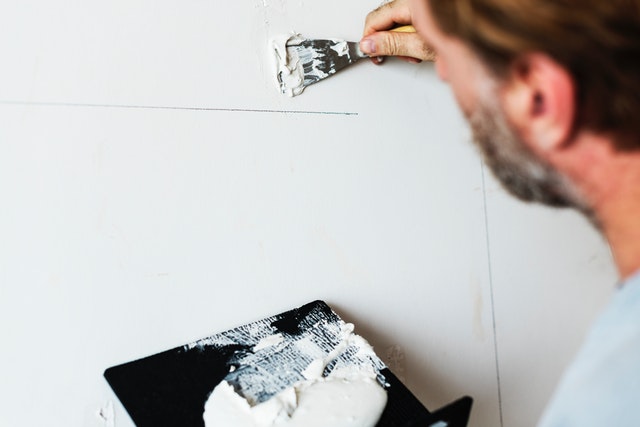Can I Sell A House That Still Needs Repairs?
 When you started thinking about putting your house up for sale, you probably made a list of repairs that need to be done ahead of time. If that list was long, you might be at a point where you’re asking if it’s all worth it. Will prospective buyers really notice the little things? And even if they do, will that affect how much you’re able to get for your home?
When you started thinking about putting your house up for sale, you probably made a list of repairs that need to be done ahead of time. If that list was long, you might be at a point where you’re asking if it’s all worth it. Will prospective buyers really notice the little things? And even if they do, will that affect how much you’re able to get for your home?
You Can Sell An Imperfect House
Your house doesn’t need to be perfect in order to sell it. Many older homes have some issues like outdated kitchens and bathrooms or wall-to-wall carpeting that needs to be replaced or gotten rid of.
But be aware that a house in need of repair or is different than a house that needs updating. Outstanding repairs are a red flag to buyers that you haven’t maintained the home as you should have over the years. Buyers may suspect that your home needs even more repairs than the obvious issues. So first off, you might have more buyers walk away from a house in need of repair and second, you will probably get less money for your home.
Outstanding Repairs Give Buyers Leverage
When you try to sell a home that’s in need of repairs, you give buyers leverage to get a lower price out of you. For instance, if your house needs a new furnace, the buyers might say, “Well, we’ll make an offer but it’s lower by this amount because we know we’ll have to get a new HVAC system as soon as we move in”.
That amount for the HVAC system will usually be more than what you could have paid for a new furnace before listing your home. You can almost always sell your house for more by taking care of repairs first.
One thing that real estate agents advise is to get an independent home inspection report before you sell. This will give you an official list of all the repairs that need to be done. Then you can pick and choose among which repairs you should take care of.
This also helps to avoid unpleasant surprises later on. Even though finishing repairs can be costly and time-consuming, many home sellers find that it’s worth it to do as much as possible before listing. The final purchase price often ends up reimbursing you for your expenses, if not for your time.
As you prepare to sell your current property, it’s a good idea to consult with your trusted mortgage professional about your financing options for your next home purchase.
 Many sellers hire inspectors and appraisers to value their home prior to placing it on the market. It’s important for buyers to hire their own inspector to get an independent opinion. If a buyer orders an inspection before the sale goes through, the seller may have to resolve any issues that arise. If you forego the inspection, you inherit any problems that come with the house.
Many sellers hire inspectors and appraisers to value their home prior to placing it on the market. It’s important for buyers to hire their own inspector to get an independent opinion. If a buyer orders an inspection before the sale goes through, the seller may have to resolve any issues that arise. If you forego the inspection, you inherit any problems that come with the house.